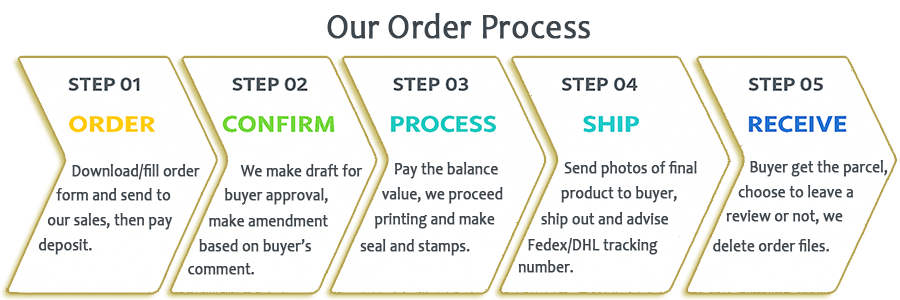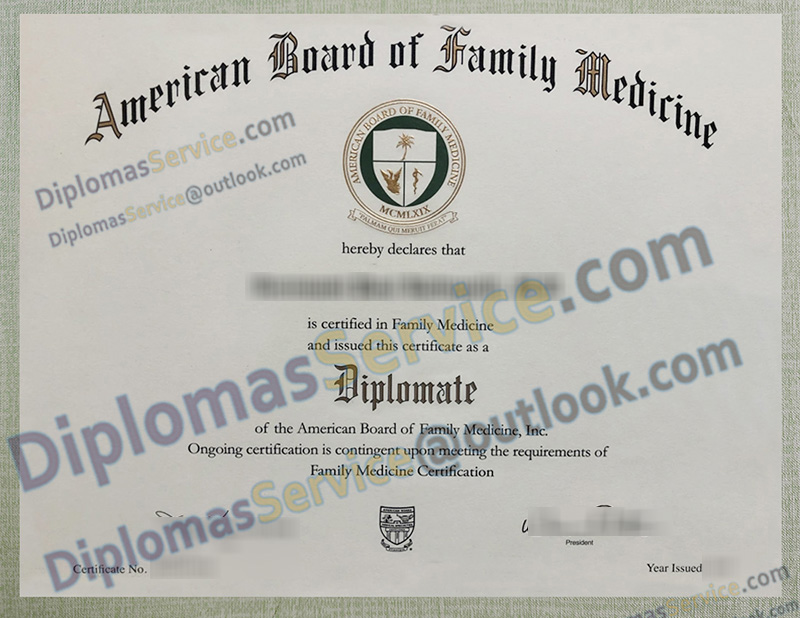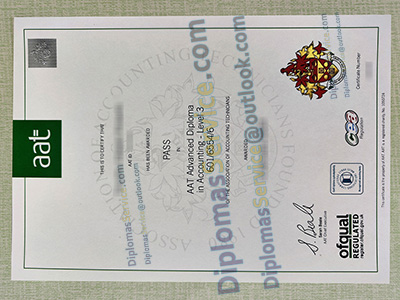
The Chartered Banker Institute (CBI) stands as the United Kingdom’s pre‑eminent professional body for banking and financial services, order Chartered Banker Institute certificate, championing the highest standards of ethics, competence, and continuous development across the sector. Established in 1985 by the Chartered Banker Banking School, the Institute has evolved into a globally recognised authority that equips banking professionals with the knowledge, credentials, and ethical framework required to thrive in an increasingly complex financial landscape.
Mission and Vision
At its core, the Institute’s mission is to safeguard the integrity of the banking profession by promoting a culture of responsibility, transparency, and customer‑centricity. Through a robust portfolio of qualifications, thought‑leadership initiatives, and regulatory engagement, the CBI strives to:
- Elevate the professional status of bankers through the Chartered Banker designation – a mark of distinction endorsed by the Privy Council.
- Foster lifelong learning and skill advancement, ensuring members remain adept at navigating emerging risks, technology, and regulatory change.
- Influence policy and industry standards by collaborating with regulators, academia, and leading financial institutions.
Signature Qualifications
The Institute’s flagship qualification, the Chartered Banker (CB), is widely regarded as the gold standard for banking professionalism. Candidates who achieve this credential demonstrate mastery across four pillars:
- Ethics & Conduct – A deep understanding of the ethical obligations that underpin trust‑based relationships with customers and the wider public.
- Financial Services Knowledge – Comprehensive expertise in retail, commercial, and corporate banking, risk management, and regulatory frameworks.
- Professional Skills – Advanced competencies in communication, problem solving, and strategic decision‑making.
- Continuous Professional Development (CPD) – A commitment to ongoing learning, supported by a structured CPD programme that tracks and recognises further education.
In addition to the Chartered Banker qualification, the Institute delivers a suite of specialist courses—ranging from anti‑money‑laundering and financial crime prevention to digital banking and sustainability finance—tailored to the evolving needs of the sector.
Member Benefits
Membership of the Chartered Banker Institute provides unparalleled value to individuals and organisations alike:
- Recognition – The Chartered Banker designation is a globally respected symbol of competence and ethical conduct, enhancing career prospects and organisational credibility.
- Resources – Access to exclusive research reports, industry briefings, webinars, and a comprehensive knowledge hub that keeps members abreast of market developments.
- Networking – Invitations to high‑profile events, round‑tables, and peer‑to‑peer forums where members can exchange best practices and forge strategic relationships.
- Advocacy – Direct representation in policy discussions, ensuring that the professional voice of bankers influences regulators and legislators.
Commitment to Ethical Banking
In an era where public confidence in financial institutions is paramount, the Chartered Banker Institute leads the charge in embedding ethical decision‑making at every level of the banking value chain. By integrating ethical considerations into its curricula, assessment standards, and CPD requirements, buy a certificate, the Institute ensures that chartered bankers not only possess technical expertise but also embody the moral compass essential for sustainable banking.
Global Reach, Local Impact
While headquartered in London, the Institute’s influence extends across Europe, the Middle East, Asia, and Africa, with partnerships in over 40 countries. This global footprint enables the CBI to tailor its programmes to diverse regulatory environments while maintaining a consistent benchmark of excellence.
Future Outlook
Looking ahead, the Chartered Banker Institute is intensifying its focus on emerging themes such as green finance, fintech integration, and inclusive banking. Through strategic collaborations with technology innovators, sustainability experts, and policy makers, the Institute will continue to shape the future of banking—ensuring that professionals are not just prepared for change, but are the drivers of it.

















